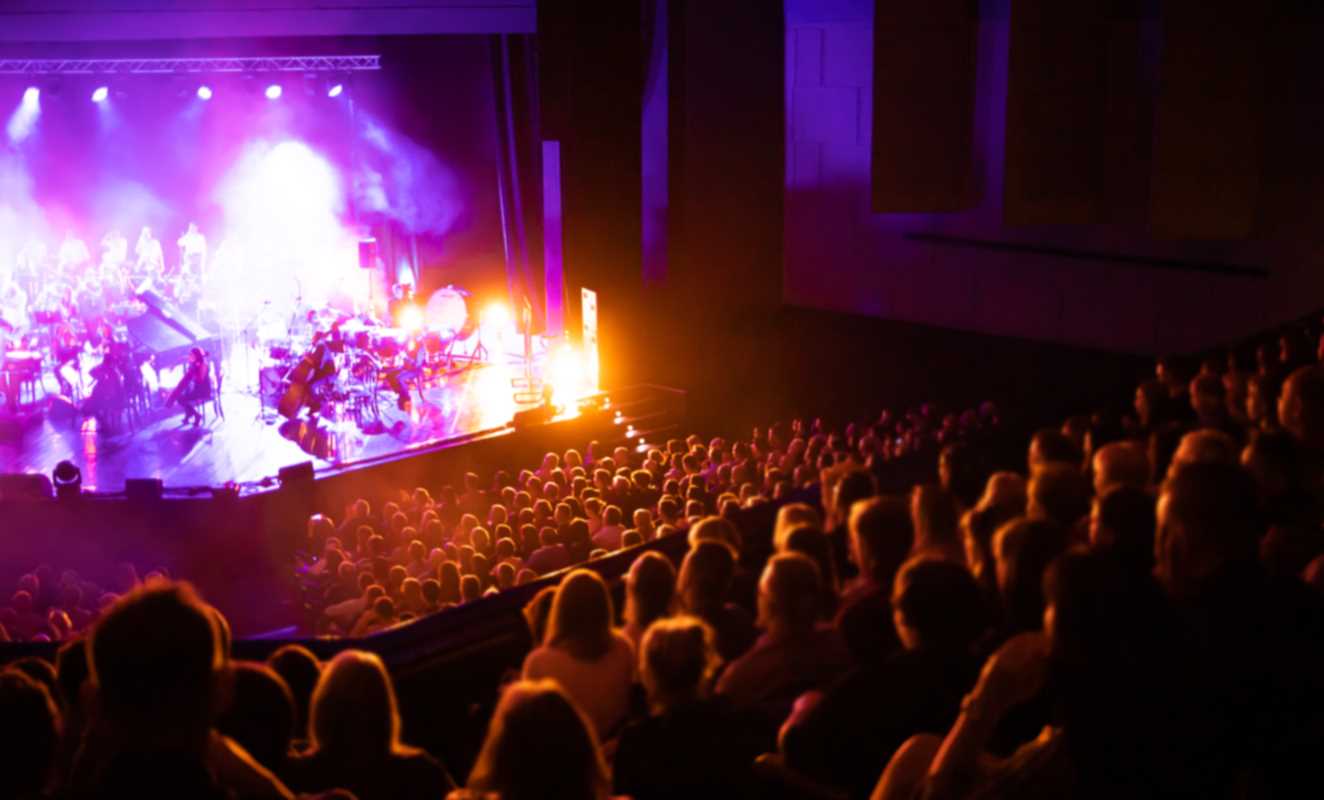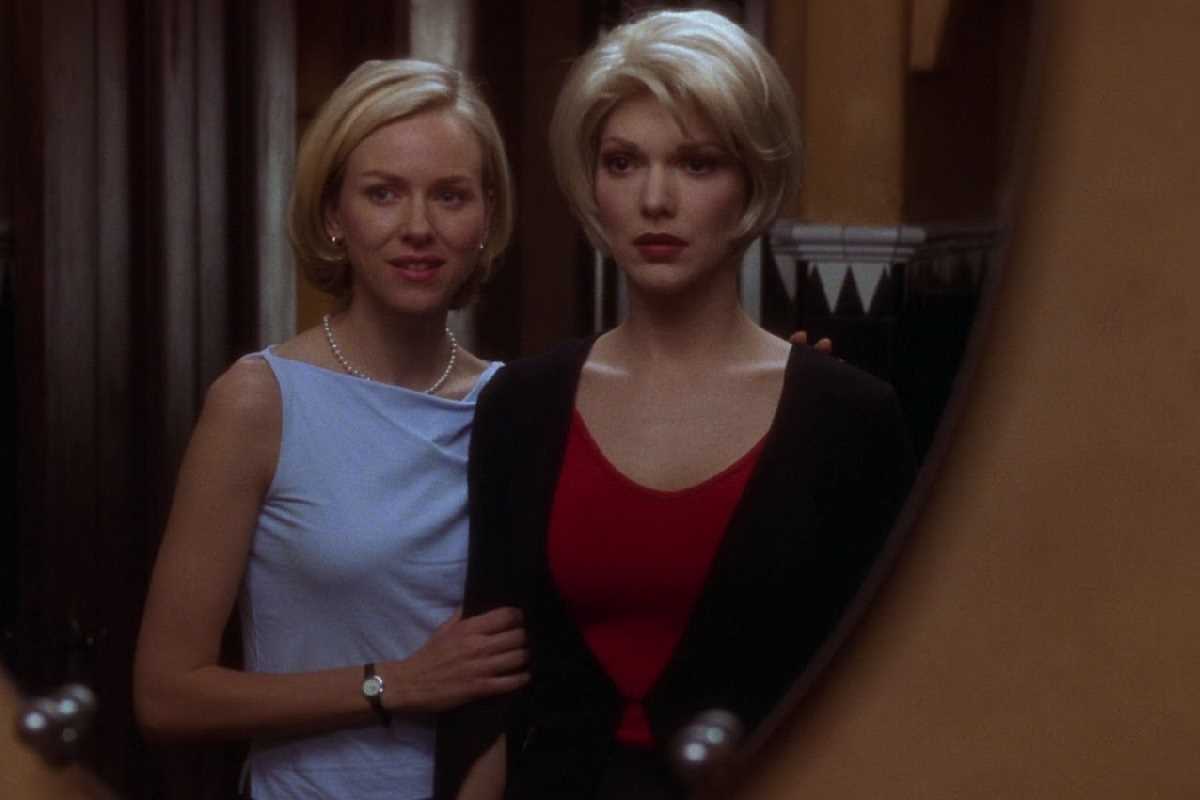Since its debut in 1999, The Matrix trilogy has captivated audiences with its groundbreaking visuals, compelling storytelling, and profound philosophical themes. Created by the Wachowskis, the films explore questions of reality, identity, free will, and control, resonating deeply with viewers across generations. While its cyberpunk aesthetic and action sequences are iconic, the trilogy's true depth lies in its engagement with timeless philosophical questions, making it a work of intellectual and cultural significance. Today, as society grapples with issues like artificial intelligence, virtual reality, and the impact of social media, the philosophical undertones of The Matrix trilogy feel more relevant than ever. By examining its core ideas, we can better understand how the films challenge our perceptions of reality and provide insights into the modern world.
Reality vs. Simulation: What Is Real?
The Matrix trilogy's heart lies the question of what constitutes reality. The films depict a dystopian world where intelligent machines unknowingly enslaved humanity and trapped in a simulated reality known as the Matrix. This premise draws heavily on philosophical ideas, particularly those of René Descartes and Jean Baudrillard.
- Descartes' Dream Argument: Descartes questioned whether the world we perceive is real or merely an illusion, famously positing, "I think, therefore I am" (Cogito, ergo sum). Similarly, Neo’s journey begins with his discovery that everything he thought was real is a fabrication, forcing him to confront the nature of existence.
- Baudrillard’s Simulation Theory: The Matrix directly references Baudrillard's book Simulacra and Simulation, which argues that modern society has replaced reality with simulations. In the films, the Matrix itself is a perfect example of this concept—a hyper-real environment that masks the grim truth of human enslavement.
- Applications Today: In an age where virtual and augmented realities are becoming increasingly sophisticated, the line between reality and simulation is more blurred than ever. Social media platforms and the metaverse create curated, idealized versions of reality, raising questions about authenticity. Are we living in our own version of the Matrix, willingly engaging with simulations that shape our perceptions and behaviors?
The Illusion of Free Will
Another central theme in the trilogy is the tension between free will and determinism. The Oracle famously tells Neo, "You’ve already made the choice; now you have to understand it," encapsulating the paradox of choice and predestination that permeates the films.
- Philosophical Determinism: The machines, the Matrix, and even the Oracle suggest that events are part of a preordained system, challenging the notion of human agency. Neo’s journey, however, is one of embracing his role as "The One" while asserting his individuality within the deterministic framework.
- The Nature of Choice: The films argue that the act of choosing is what defines humanity. Neo’s decisions, from taking the red pill to sacrificing himself in The Matrix Revolutions, emphasize the importance of free will, even in a world dominated by systems of control.
- The iconic bullet-dodging scene in The Matrix, where Neo bends reality to evade dozens of bullets, symbolizes the power of perception and choice. It reflects the philosophical idea that breaking free from illusions unlocks human potential and agency.
- Applications Today: In the modern era, free will feels increasingly constrained by algorithms and data-driven systems. Social media platforms use algorithms to predict and influence behavior, from the news we consume to the products we buy. Similarly, discussions about artificial intelligence and automation raise concerns about whether humanity is surrendering its agency to machines. Neo’s struggle to assert free will resonates as a metaphor for reclaiming individuality in a data-driven world.
Control and Power Structures
The Matrix itself is a system of control designed to keep humanity docile, reflecting the trilogy’s broader critique of power structures. The machines, led by the Architect, maintain order by manipulating human perception and free will, creating a cycle of rebellion and suppression.
- Marxist Themes: The films echo Marxist critiques of capitalism, depicting humanity as laboring bodies exploited for their energy by an oppressive system. The resistance led by Neo, Morpheus, and Trinity represents a proletarian uprising against an elite ruling class—in this case, the machines.
- Foucault’s Panopticon: Philosopher Michel Foucault’s concept of the panopticon—a system of surveillance that enforces control by making individuals feel constantly watched—finds expression in the Matrix. The omnipresence of Agents and the machines’ surveillance capabilities underscore the theme of pervasive control.
- Applications Today: The themes of control and surveillance in The Matrix resonate strongly in today’s world, where governments and corporations use advanced technologies to monitor and influence populations. Edward Snowden’s revelations about mass surveillance programs, for instance, underscore the relevance of the trilogy’s warnings about unchecked power. In this context, the Matrix serves as a cautionary tale about the dangers of relinquishing control to systems that prioritize order over freedom.
Identity and the Self
Throughout the trilogy, the question of identity is explored on both individual and collective levels. Neo’s journey is not only about freeing humanity but also about discovering who he truly is.
- Plato’s Allegory of the Cave: The idea that individuals must escape illusions to discover the truth mirrors Plato’s allegory, where prisoners in a cave mistake shadows on a wall for reality. Neo’s awakening parallels the process of gaining self-awareness and understanding.
- Multiplicity of Identity: The films also challenge traditional notions of identity, suggesting that it is fluid and multifaceted. Neo is simultaneously Thomas Anderson, a hacker, a messianic figure, and a human being. Similarly, Agent Smith’s transformation from a program to a self-aware entity raises questions about the boundaries of identity.
- Applications Today: In the digital age, identity has become increasingly fragmented. Social media allows individuals to curate multiple personas, while virtual avatars blur the line between physical and digital selves. The trilogy’s exploration of identity encourages reflection on how technology influences our sense of self and the authenticity of our interactions.
The Iconic Scene: Over the Toilet in Revolutions
One of the most memorable scenes in the trilogy occurs in The Matrix Revolutions, when Trinity and Neo, escaping from a chaotic attack, share a vulnerable moment in a run-down building. As Trinity balances precariously to access a hidden signal using outdated technology, the scene underscores a key tension in the trilogy: humanity’s reliance on obsolete tools to fight against an advanced, oppressive system. This moment, both tense and poignant, symbolizes the ingenuity and resilience of humanity, even in the face of overwhelming odds.
The Role of Technology: Tool or Tyrant?
Technology is central to The Matrix trilogy, serving as both a tool for liberation and a mechanism of control.
- Duality of Technology: While the machines enslave humanity, technology also empowers the resistance. Characters like Morpheus and Trinity use the Matrix itself to fight back, hacking into the system to disrupt its control.
- Philosophical Implications: The films question whether technology inherently dehumanizes or whether it is our relationship with technology that determines its impact. The Architect and the Oracle represent opposing views on this issue, with one embodying cold logic and the other embracing human emotion.
- Applications Today: As artificial intelligence and machine learning continue to evolve, society faces similar questions about the role of technology. Will it serve as a tool to enhance human potential, or will it become a mechanism of control? The trilogy’s exploration of this duality feels increasingly prescient.
The Matrix as a Timeless Allegory
Ultimately, The Matrix trilogy endures because it functions as an allegory for a wide range of philosophical and societal issues. Its themes of reality, identity, control, and technology remain as relevant today as they were when the first film debuted.
- Timeless Questions: By engaging with universal questions, the trilogy transcends its sci-fi genre, inviting viewers to reflect on their own lives and the systems that shape them.
- Contemporary Relevance: In an era defined by rapid technological advancement, the trilogy serves as both a warning and a source of hope, reminding us of the importance of agency, individuality, and the human spirit.
As society continues to grapple with these issues, the philosophical undertones of The Matrix trilogy provide valuable insights into the complexities of our modern world. Like Neo, we are all navigating a delicate balance between control and freedom, illusion and reality, technology and humanity.
 (Image source: Warner Bros.; Village Roadshow Pictures; Groucho II Film Partnership; Silver Pictures)
(Image source: Warner Bros.; Village Roadshow Pictures; Groucho II Film Partnership; Silver Pictures) .jpeg)





